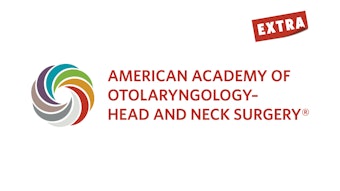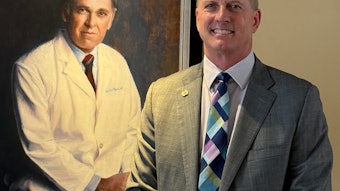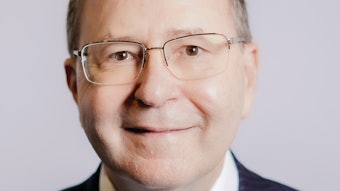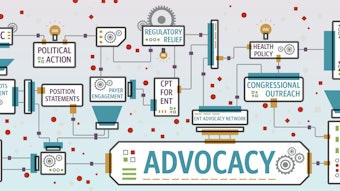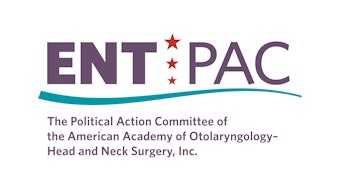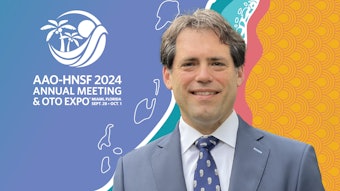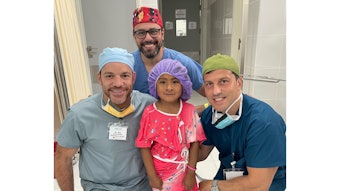State Advocacy in Action: an Interview with Yolanda L. Troublefield, MD, JD
Advocacy is all about building relationships, and this is one area where physicians can play a key role given their experience engaging with patients on a daily basis.
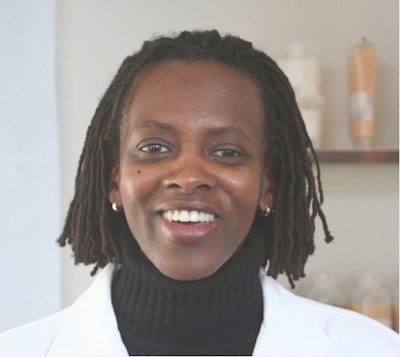 Yolanda L. Troublefield, MD, JD
Yolanda L. Troublefield, MD, JD
Yolanda L. Troublefield, MD, JD, Secretary of the AAO-HNS Board of Governors (BOG), recently sat down with Academy staff to discuss the importance of advocacy at the state level, and the valuable perspective that otolaryngologists can provide to lawmakers.
“No one ever will tell you in residency how important it is to advocate, or the need for you to fight to be able to care for your patients.”
Tell us a little about yourself, your practice, and your experience with advocating for the specialty.
I am a general otolaryngologist. I practice with four other physicians as well as a few other part-time physicians. We are associated with three hospitals, one of which is the second busiest emergency room in the state of Massachusetts outside of Boston. Working with local groups, our legislatures in the states, and on the federal level allows us to bring the kind of care that we believe all Massachusetts patients deserve.
How did you get involved with advocacy? Was there a particular issue that prompted you to become involved?
I got involved through my state organization, the Massachusetts Society of Otolaryngology-Head and Neck Surgery (MSO). One of my partners, Wendy B. Stern, MD, got me involved in the MSO when I joined our practice. Once on board, my interest was piqued during a discussion about a bill that would allow physicians in private practice to dispense hearing aids. Currently physicians are prohibited from doing so in Massachusetts and New York. I was able to garner support for the hearing aid legislation from one of the legislators in my district. I met with Representative Carole Fiola (MA-6) on several occasions and developed an important and collegial working relationship. As a result, Representative Fiola agreed to sponsor the hearing aid bill, which is currently working its way through the legislative process.
How is state advocacy different from advocacy at the federal level?
In my experience, the biggest difference between state and federal advocacy is access. For many reasons, it is easier to obtain face-to-face meetings with your state and local representatives. By having direct contact, it is easier to develop a relationship and dialogue on issues that are important to our specialty. On the other hand, at the federal level you generally are meeting with staff members of your senator or representative, but not directly with the member of Congress. As a result, the member of Congress will get the information that you have provided from their staff, and this has a different impact because it is secondhand.
How do you elevate an issue that impacts you and your patients to your state medical society or state otolaryngology society?
I am lucky enough to have a seat on the board of the Massachusetts Society of Otolaryngology. As a result, I have the ability to present critical issues to the board members and elevate the priority of the issue to urge the state society to become engaged.
What tools and resources are most helpful to you when engaging elected officials on health policy issues?
One of the greatest tools that MSO has is a team of lobbyists that helps us gain direct access to the lawmakers in the state house. Our lobbyist works with us to frame the issues, develop the appropriate talking points and to establish a continual dialogue with our state lawmakers. In addition, the Massachusetts Medical Society has a robust administrative staff and network geared toward advocating for physicians in every specialty.
How do you prepare to meet (or talk to) an elected official about an issue?
A lot of research is done prior to engaging with a lawmaker. This includes obtaining a briefing on their stance on an issue, delving into what are the pros and cons related to a specific bill, and having brainstorming sessions with our lobbyist and advocacy colleagues. We also reach out to physicians in other states to see if they are facing similar issues and potentially learn from actions they have taken to resolve an issue.
Is there an issue that you are especially passionate about or find rewarding to work on?
Modifier-25 and prior authorizations are two issues that we are working on here in Massachusetts. We do understand that there is a long road to getting legislation like this passed. By tackling these two issues, we have developed knowledge surrounding the insurers’ point of view on each topic. This knowledge has allowed us to have a more meaningful discussion with insurers relating to their respective Modifier-25 and prior authorization policies. This insight has also allowed us to frame the issue in our meetings with legislators who are opposing the legislation and explain to them how these two topics affect reimbursement and most importantly our ability to care for patients.
What would you tell your colleagues who may not be participating in advocacy efforts yet?
This is a great question. No one ever will tell you in residency how important it is to advocate, or the need for you to fight to be able to care for your patients. In a developed country like the United States, you would think that there would be no need to explain to legislators how important it is for patients to be able to obtain medication and undergo procedures without having to wade through mountains of red tape. Because this is the landscape that we must navigate and many of our patients do not have the wherewithal to address these complex issues, it is imperative for all physicians to fight for and advocate for their patients.
Failure to do so would leave millions of Americans without the ability to care for themselves, address their medical needs and live healthy and productive lives. If we don’t act, the basic right of healthcare will evaporate. So, in my mind there is no other way to be a physician. Advocating for our ability to provide care and advocating for our patients is inherent to our role.
